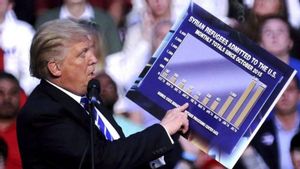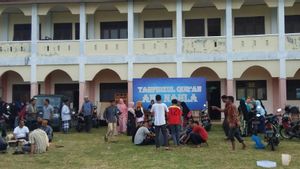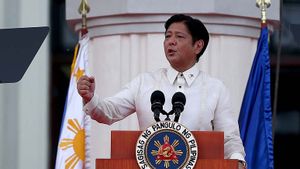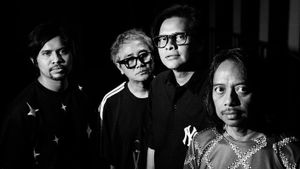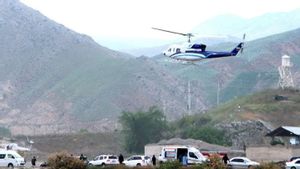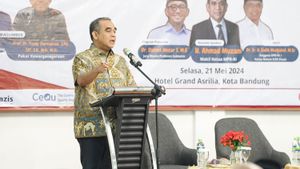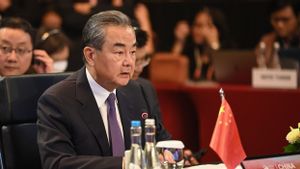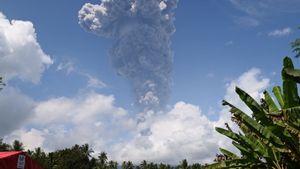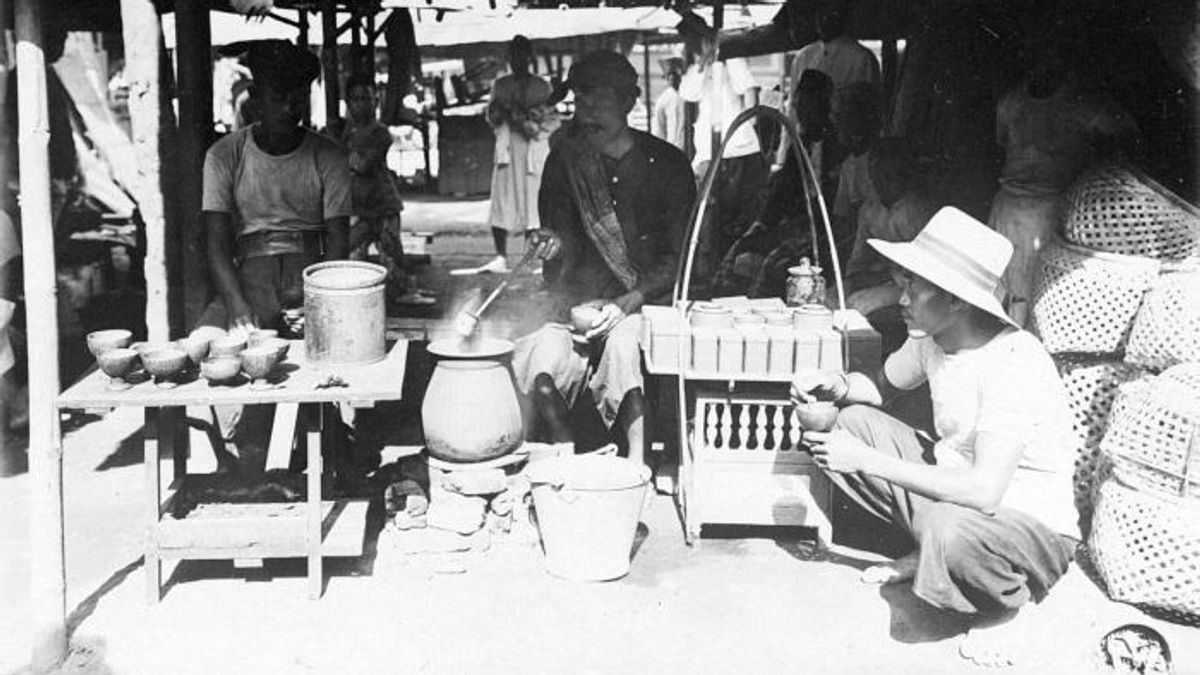
JAKARTA - The life of the bumiputras has often been delayed in the era of Japanese colonialism. The power owner who took part in the Pacific War became the estuary. The narrative of war makes all kinds of natural resources diverted to war needs. From food supplies to medicines.
This condition brings disaster throughout the country. However, not everyone wants to die ridiculously. All people take this initiative. Doctors, for example. They get around the scarcity of medicines by starting using traditional herbal ingredients.
The presence of the Japanese colonialists perpetuated two narratives in the archipelago: profit and loss. The advantage of the Japanese colonialists is the increase in the status of the bumiputras who have been trampled on for a long time by the Dutch.
The bumiputras are placed by the Japanese in the highest position. The Dutch occupy the most humiliated position, similar to that of animals. A position previously placed by the Dutch colonialists to the natives.
The loss is no less important. The people's economy was destroyed, aka living a difficult life. The Bumiputras were forced to live in poverty. Daily meals are difficult. All because Japan took people's food. The food was then used by its soldiers who were active in the Pacific War.
Rice and corn that were initially abundant began to be difficult to obtain. Even if they did, the price would be much higher. Those who are rich and have access can only get staple food. Those who can't afford to rack their brains so that the needs can be achieved.
Other food planting initiatives were also carried out. The bumiputras independently began growing sweet potatoes, tomatoes, spinach, and cassava in their yard. This option can help the natives survive in the midst of difficult access to food.
The problem of malnutrition lately. As long as you are full, as long as you can continue your life, everything is believed to be more than enough.
관련 항목:
"City residents can no longer buy clothes freely because this item has disappeared from the market. Rich people don't have to wear burlap sacks like poor people, but gradually trousers are cut to make two shorts. Old men wearing shorts walking on the streets becomes a daily sight, something that was very rare in the past.
Life is getting very heavy, because people's purchasing power is getting lower. Many of them can finally only wear pants from burlap sacks. Towards 1943 people started eating corn and cassava every day, because rice was drastically reduced in almost all cities," explained Purnawan Basundoro in the book 'Strengthening City Space' (2013).
Food scarcity is not the only problem that occurred in the Japanese colonial era. Scarcity also occurs in other problems. Medicines, for example. Medicines are increasingly scarce due to war faced by Japan. The supply of medicines from abroad is limited.
Anyone who is sick during the Japanese colonial era will definitely find it difficult to find medicine. However, Bumiputra doctors did not give up. Most of them then took the initiative to make traditional herbs. The recitation was carried out to get around scarcity.
Traditional medicine through herbal medicine is considered effective. All because knowledge about herbal medicine has been present for generations. Even every house that has a large yard often has live pharmacies. An area planted with nutritious plants. The cultivation can then be managed into herbal medicine.
The narrative was agreed by a figure who later became Soekarno-Hatta's personal doctor, R. Suharto. He saw that the scarcity of drugs was not an excuse for him not to be able to contribute to the public health sector.
National officials Soekarno, Hatta, Ki Hajar Dewantara, and Kiai Mansur who are members of the People's Energy Center (Putara) have asked R. Suharto to lead the health department of the organization. He began to lift the degree of herbal ingredients. He began to approach many herbal makers.
Even though he was also involved in making herbal medicines. He learned the making from his mother as a child. This step was followed by other Bumiputra doctors. This strategy can reduce the dependence of the Bumiputra on western medicines. This option makes the jamu prestige skyrocket again.
In giving medicines during the Japanese occupation, I often use herbal ingredients based on recipes from various Kruidenboek, medicine spice books, by Paesens, Kloppenburg Versteeg and others. To prepare the ingredients, I use the power of a herbal maker."
"Types of ingredients that can be dried, or can be given in the form of powder and pills, and last for several days. It turns out that many of the herbal ingredients contain antipirritis and analgesic power, decreased heat and pain relievers, and many can reduce or stop diarrhea, snatch, cough, and other diseases," explained R. Suharto in the book Historical Actions (1984).
The English, Chinese, Japanese, Arabic, and French versions are automatically generated by the AI. So there may still be inaccuracies in translating, please always see Indonesian as our main language. (system supported by DigitalSiber.id)


